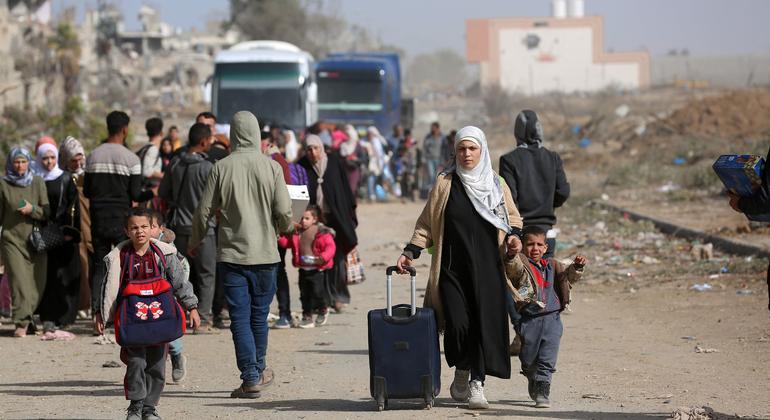The Coronavirus crisis has shown up many shortcomings in Europe’s healthcare systems, which is why we need a better, more coordinated approach
Belgium (Brussels Morning Newspaper) The Coronavirus pandemic has placed healthcare systems under unprecedented pressure, exposing vast deficiencies in the healthcare systems of many European countries following years of underfunding and cuts. The crisis has also highlighted the fragility of multilateral institutions and global collaboration and has demonstrated the need to review European competencies in public health. No country alone can face a crisis like the current one in this globalized world in which we live.
The need for global coordination and collaboration through health diplomacy becomes essential if we are to prosper in the near future. In the early phases of the pandemic, some countries were tempted to engage in export restrictions to protect domestic supplies of medicines and medical devices. This contributed to slowing down the crisis response at its most critical stage. Even if some of the supply problems have been solved, others persist.
This week, European lawmakers rubber-stamped both the extension of the European Centre for Disease Prevention and Control (ECDC) mandate and a new law on serious cross-border threats to health.
The two new legislations are intended to enhance EU preparedness and response to a health crisis. They are both parts of the ambitious plan known as the European Health Union, which was presented back in November 2020 to draw on lessons learned from the COVID-19 pandemic.
The package included the launch of the Health Emergency and Response Authority (HERA) and the adoption of a stronger role for the European Medicines Agency (EMA).
MEPs endorsed the deal reached with the Council on extending the mandate of the ECDC with 542 votes in favor, 43 against, and 9 abstentions.
For Brussels Morning comments on this topic gave MEPs Esther de Lange and Radan Kanev. Esther de Lange stated that What she fears most is that when the next pandemic occurs, the Council will still fall back on that national reflex.
“”What I fear most is that when the next pandemic occurs, the Council will still fall back on that national reflex. Citizens do not want that. This legislation allows for a European approach.” said De Lange.

On the other hand, MEP Kanev noted that the Europarlament will decide on strengthening the ECDC.
“I have just emphasized in the plenary that this will enable us to better protect citizens, and also to better link research to the treatment of infectious diseases. EPP Group wants the EU to become a true Health Union” he said.
Meanwhile, this is the first update to ECDC’s mandate since the creation of the center in 2004. Following the extension, the ECDC will coordinate the standardization of data collection procedures, data validation, analysis, and dissemination of data at the EU level.
In cooperation with the European Commission, national authorities, EU bodies, and international organizations, the ECDC’s role are to ensure their respective activities are consistent and complement each other.
Parliament also adopted, with 544 votes in favor, 50 against, and 10 abstentions, the agreement on a series of measures that will allow the EU to better anticipate and respond to serious cross-border health threats. The new rules include improved prevention, preparedness, and response planning at the EU and national levels. The Commission will be able to formally recognize a public health emergency at the EU level, which would trigger stronger intra-EU cooperation and allow for the timely development and stockpiling of medical countermeasures.





















Discussion about this post